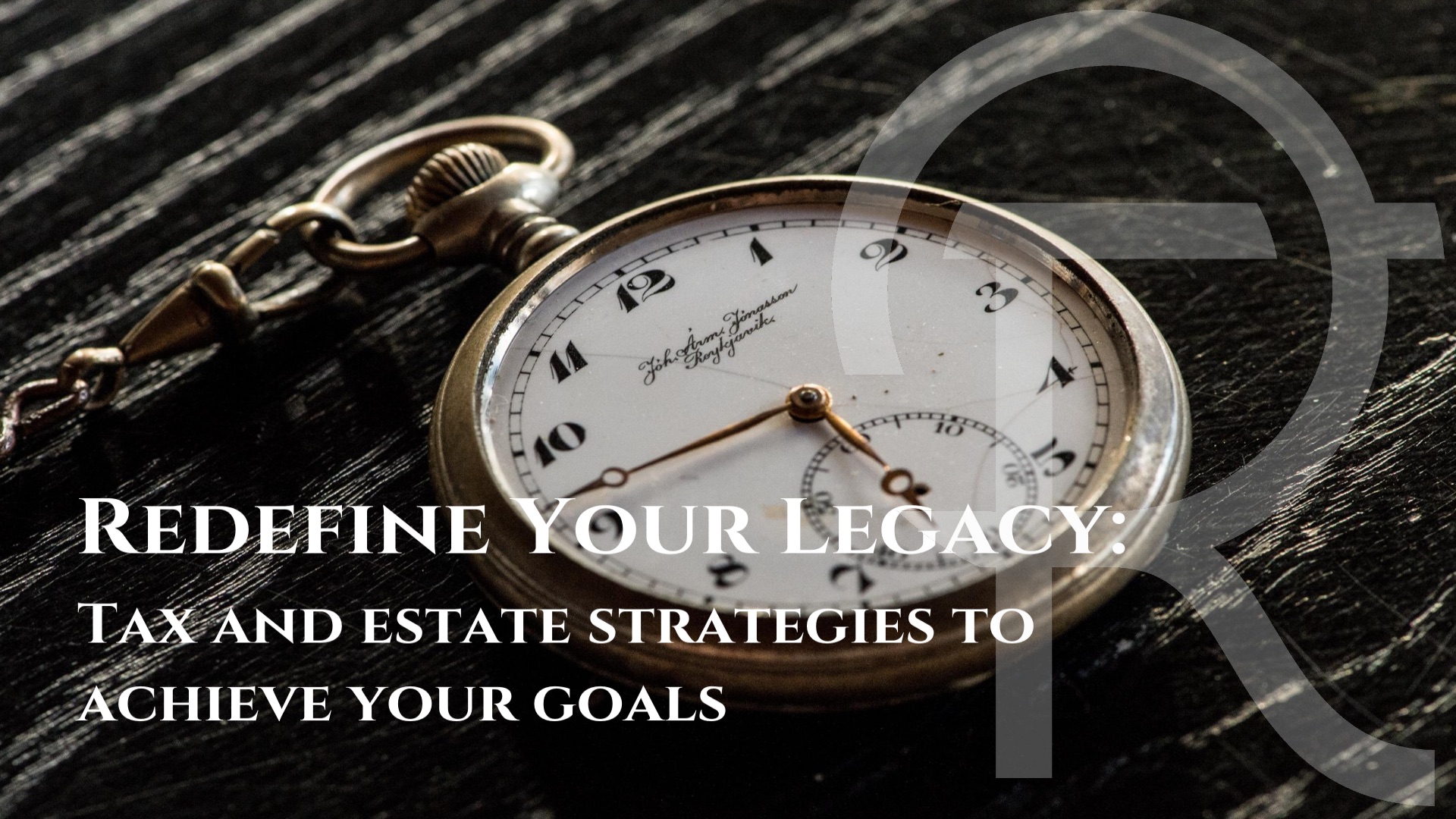For many Canadian families, cottages are a second home which hold unique emotional value for the family, reflecting special moments and memories together. However, when the time comes to pass on the family cottage to the next generation, challenges and conflicts may arise if the family has not put a plan in place.
While many individuals tend to first focus on financial matters (e.g., tax), an effective Cottage Succession Plan should address both financial issues – as well as emotional issues – to promote family harmony and the family’s “vision” for what may be an “heirloom asset” to be preserved for the benefit of future generations.
This article identifies common issues and some solutions for passing on the family cottage. The article is not meant to be exhaustive. Tax and legal advice should be sought in order that the particular facts and circumstances of each family and cottage may be properly considered. Note our comments below address Canadian properties only.
Canadian Tax Planning Considerations
- Tax on Capital Gains – a Primer in Relation to the Cottage
One of the most significant challenges associated with transferring the family cottage is the potential for tax being triggered on the capital gains upon either the sale or gift of the cottage during lifetime, or deemed at the time of death. In general, where the cottage has appreciated in value, you will be liable for tax on the capital gain where the Proceeds of Disposition exceed the Adjusted Cost Base (or tax cost) of the cottage.
It should be noted that if substantial renovations and/or capital improvements are made to the cottage, you should keep all of the receipts as the costs may potentially be added to the tax cost of the property – thus decreasing the tax on the capital gain reported upon a future sale, gift, or death of the owner.
An exception to this general rule is where the cottage is transferred to a spouse or common-law partner, either during the owner’s lifetime or upon death. In this case, the cottage by default “rolls-over” to the spouse at its tax cost. Thus, any unrealized capital gain is deferred to a future date when the recipient spouse subsequently sells the cottage or passes away. Note that the default roll-over is only available between spouses. If the cottage is transferred from a parent to a child, the cottage is deemed to be transferred at Fair Market Value (“FMV”), for income tax purposes, and this FMV transfer may trigger an immediate capital gain, and associated tax.
- Principal Residence Exemption (“PRE”)
For some owners, one strategy to reduce (or potentially eliminate) the tax on the capital gain of the cottage is to designate the cottage as your Principal Residence (“PR”) in order to take advantage of the PRE to shelter capital gains otherwise owing. A PR can include a cottage property – even if it is not where one primarily lives during the year as long as one “ordinarily inhabits” the property at some point during the year.
For years post-1981, a couple (married or common-law) can only designate one property between them for any particular calendar year. This creates a challenge when a couple owns multiple properties (e.g., a Toronto home and a Muskoka cottage). In this case, the couple will be required to choose, upon the transfer/sale of the first property, which property should be designated as the PR for each year during the overlapping period of multi-property ownership. For example, if the value of the cottage has increased significantly more relative to the Toronto home, it may be beneficial to designate the cottage as the PR for some or all of the years of ownership. However, numerous factors need to be considered in making this PR designation decision. In general, the rule of thumb is to shelter the property that has the greatest gain per year of ownership.
- Life Insurance
One of the simplest and often most effective ways to plan for the tax bill associated with anticipated capital gains on the cottage is to purchase a life insurance policy. Life Insurance proceeds are received tax-free. The insurance proceeds can be used to provide liquidity, when needed, in order that the family may keep the cottage asset “in the family” vs. having to potentially borrow, sell assets, etc. to fund the tax liability on the capital gain.
Moreover, if some children are not interested in co-owning the cottage with their siblings, insurance can be a useful tool to equalize the inheritance. For example, the non-participating children could be beneficiaries of the parent’s life insurance – while the other children receive the cottage asset.
It should be noted that the cost of insurance will depend on the parents’ ages and health. However, the cost of using life insurance is generally lower than the tax – which may make this an attractive strategy to fund the inevitable tax bill cost-effectively.
Estate Planning Considerations
- Cottage Ownership
We are often asked “who should own the family cottage?” This question raises numerous important considerations. For example, when should the transfer of the cottage occur – during the parents’ lifetime or at death? Should the next generation be direct owners in the cottage, or should the cottage be owned through a different entity?
- Using a Corporation?
It is generally not recommended to hold a personal residence (e.g., a Cottage) inside a private corporation. This is primarily because Canadian income tax laws will impute a fully-taxable benefit based on the FMV of the rent-free use of the cottage to the shareholder. Furthermore, the corporation does not receive a deduction on any of the cottage expenditures – so there could be “Double Tax” due to the Shareholder Benefit rules.
Another disadvantage with corporate ownership is that the corporation cannot claim the PRE on a future sale or transfer of the cottage – as only individuals can claim the PRE.
- Using a Trust?
During the parents’ lives, they may consider transferring the cottage to a Discretionary Trust. This is generally performed to avoid the deemed disposition which occurs on the death of the 2nd parent. Added benefits of the trust may include saving legal fees and probate fees as the cottage may continue to be owned by the trust after the 2nd parent’s death. Moreover, the trust can provide flexibility to give the parents time to determine which child(ren) should become owners in the property and can serve as a “testing ground” to see if joint ownership amongst the next generation is a viable strategy.
However, there are certain disadvantages in using a trust. For example, in general, transferring the cottage into the trust will trigger an immediate capital gain and the associated tax liability (unless one or both of the parents are 65 or older). Land Transfer Tax may also be payable on the transfer. Trusts also create complexities in claiming the PRE (due to tax changes made in 2016). Finally, trusts generally have a 21-year useful “tax life” before the cottage is typically “rolled-out” of the trust to the beneficiaries (i.e., the next generation).
- Direct Ownership with Children – Joint Tenancy vs. Tenants In Common?
In certain cases, parents transfer the cottage into Joint Tenancy with their adult children with the objectives of reducing Probate Fees and ease the transfer upon the parent’s death. Although this may allow for the cottage to be transferred outside of the parents’ Will by “rights of survivorship”, there are potential pitfalls associated with this strategy.
For example, adding the children to legal title may trigger the realization of capital gains at the time of transfer. In addition, this technique may expose the cottage to matrimonial claims and/or creditors brought against any of the owners. e.g., if a child has a marriage breakdown, the family cottage could potentially be subject to a matrimonial claim by the child’s spouse.
Alternatively, if the ownership is set up using Tenants In Common, then on the death of an owner, only their share of the cottage is included in their estate and is distributed in accordance with the terms of their Will. From an ownership standpoint, the surviving owner(s) will own the cottage with the beneficiaries of the deceased’s estate – which may include a spouse or other parties.
From a succession standpoint, it is important that the family consider what consequences will occur on the death of an owner in order that the family may have a plan in place that aligns with the family’s goals.
- Family Communication – Do the Kids Even Want the Cottage?
If the decision has been made to transfer the cottage to your children, either during lifetime or upon death, there are numerous non-tax considerations that should be considered. It is imperative to discuss with your children if they even want the cottage. For example, although the children may have fond memories of the cottage, they may prefer to receive cash – especially if they live far away and would be unable to enjoy the property due to limited access. Through these family discussions, it may make sense to leave the cottage to children who want and will use the property, and equalize the other children with other assets from your estate – such as cash, investments, and/or life insurance proceeds.
- Cottage Sharing Agreement
If the next generation will co-own the cottage, consider creating a formal written Cottage Sharing Agreement to address rights and responsibilities in relation to the cottage. This document would serve a similar purpose to that of a Shareholders’ Agreement for a private corporation.
The agreement can be highly customized and prevent potential conflict by proactively having the next generation agree on significant issues before conflicts otherwise arise. Key areas to cover would include the following: agreeing on financial responsibilities (e.g., who will pay the bills, how will repairs be covered, etc.); address how time and use will be shared (e.g., who gets the cottage on Canada Day long weekend); address how disputes may be resolved; define what is to happen if an owner wants to sell his/her share; etc.
Conclusion
Passing on the family cottage can be challenging, costly, and lead to significant conflict if certain issues have not been thoughtfully considered proactively. If the goal is to keep the cottage “in the family”, it is important to consider how this can best be achieved for the family while balancing the various unique goals of the family. There is no “silver bullet” and each family’s situation will be unique when it comes to determining how best to transition the family cottage to the next generation.
We counsel our clients to start the planning process early to provide the greatest flexibility and strive to be realistic in terms of considering what is truly best for your family’s specific legacy goals. Please feel free to contact a member of The Rosedale Family Office if you would like to learn more.

